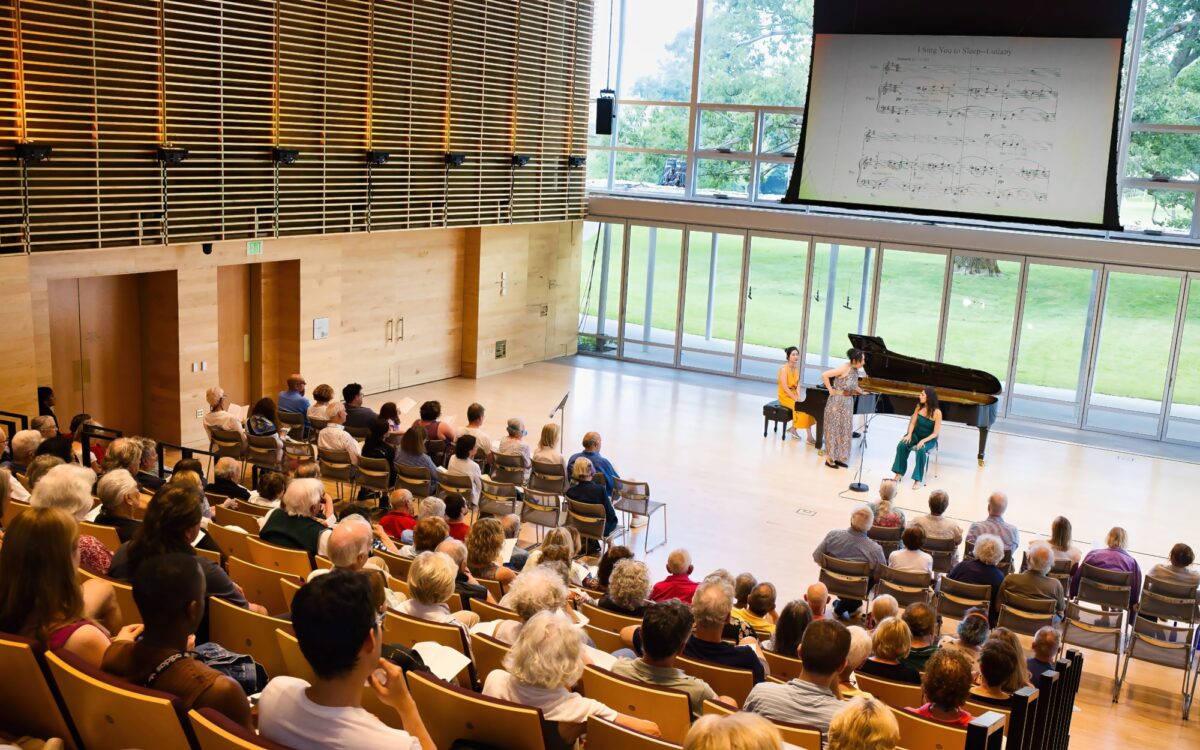Tanglewood Music Center
Piano Fellowships
-
Applications for the Piano Program are now open!
The acclaimed Tanglewood Music Center Piano Program prizes versatile talent and diverse musical perspective.
“It is a precious thing to be around so many special musicians at Tanglewood, from faculty to Fellows to visiting artists. I can't imagine another place where such adventurous programming can happen, and at such a pace! I was lucky in my two years at the TMC to take part in a great variety of projects, from premiering unearthed songs written in the first half of the 20th century, to performing a work for four pianos, to participating in solo piano masterclasses and workshops. This is besides numerous duo partnerships with singers, exploring repertoire from the 17th century until today. I already loved this rich mixture of musical roles (aren't pianists always chameleons!), and I am so happy that in the coming years, this approach will define the Piano Program even more.”
—Elias Dagher, Piano Fellow 2022 and 2023
The TMC encourages a wide range of strengths and interests for all young pianists entering the field, from solo to a significant variety of collaborative work. Pianists at the Tanglewood Music Center participate in both the instrumental and vocal areas, giving the piano program an innovative and uniquely broad focus. The faculty of the piano program includes Javier Arrebola, Emanuel Ax, Steve Drury, Margo Garrett, Jacob Greenberg, Orli Shaham, and other exciting guests to be announced.
2025 Piano Program
Instrumental and Vocal Chamber Music
Weekly concerts at both Seiji Ozawa Hall and the Linde Center for Music and Learning feature instrumental chamber music from the canonic repertoire as well as newer works. These are coached by esteemed TMC faculty members as well as players from the Boston Symphony Orchestra and renowned composers and conductors. For TMC vocal program events, singers and pianist contribute equally in the creative process. All Piano Fellows deepen their engagement in vocal chamber music (including voice / piano repertoire) with the guidance of Head of the TMC Vocal Program Dawn Upshaw and the exceptional vocal program faculty.
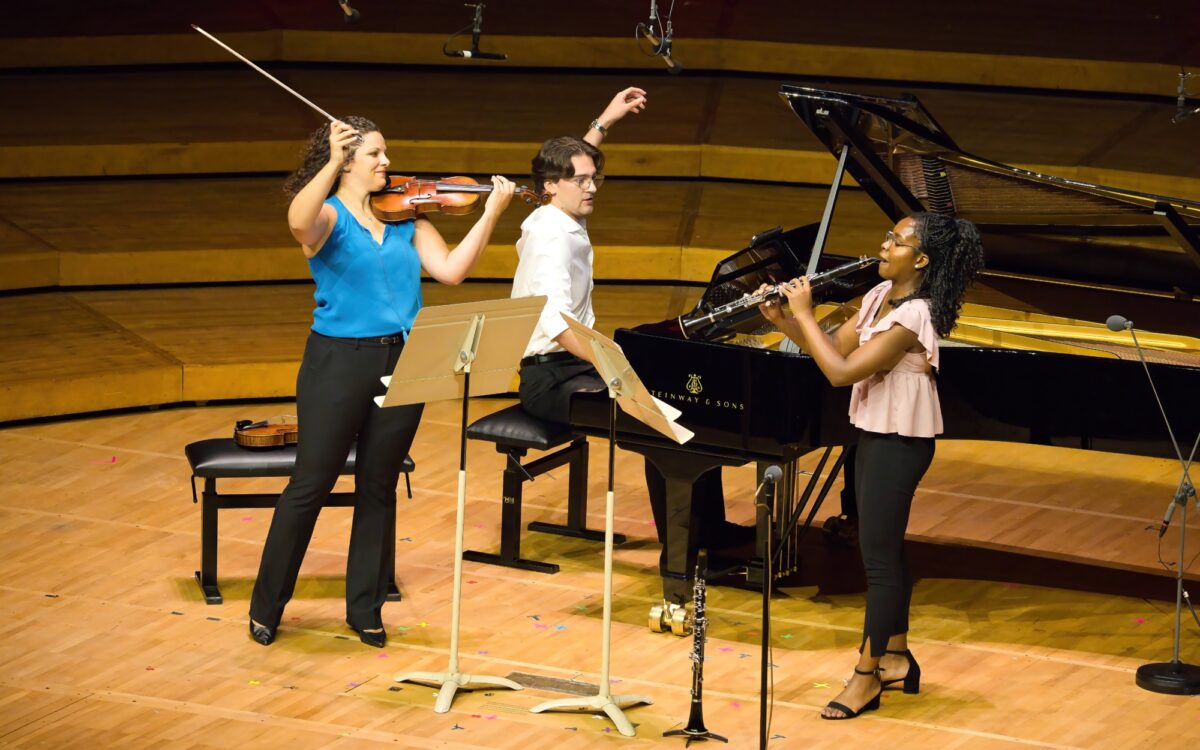
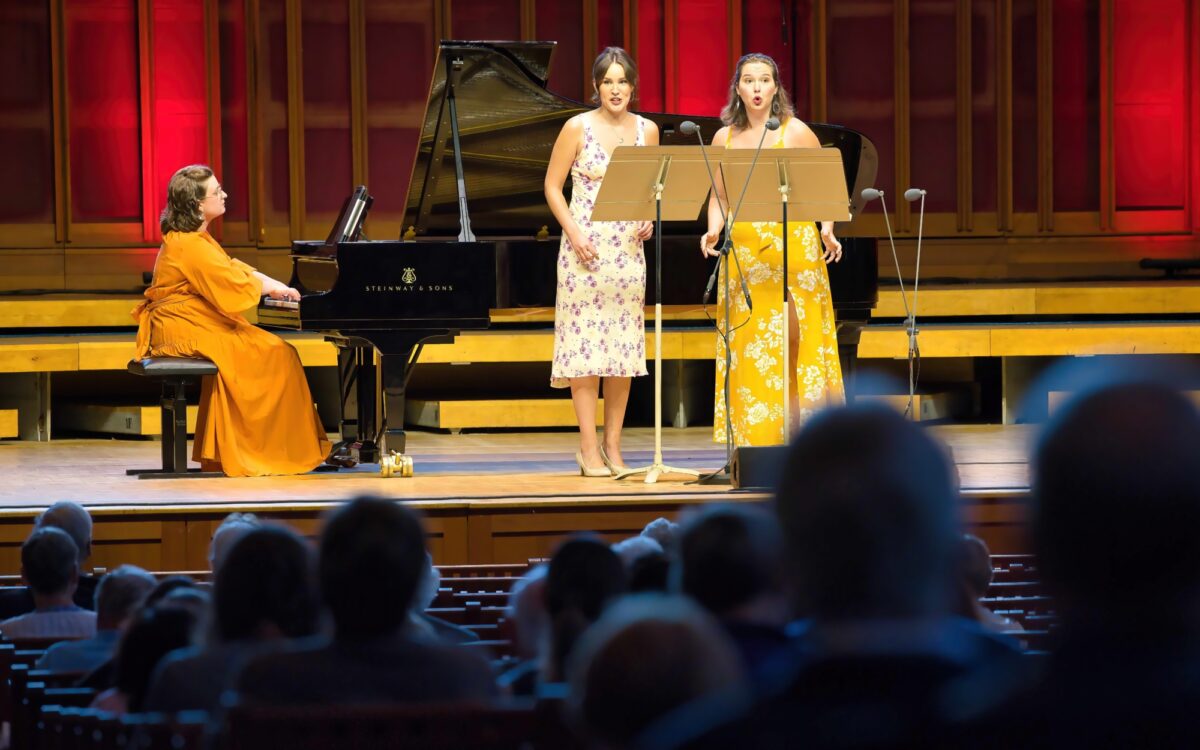
Solo Piano Concert
In 2025, all Piano Fellows will present a full program of work for solo piano in Studio E at the Linde Center for Music and Learning, coached by TMC faculty member Orli Shaham. Pianists will collaborate with TMC faculty in building the program for this recital and will prepare for the performance with faculty during the summer at Tanglewood.
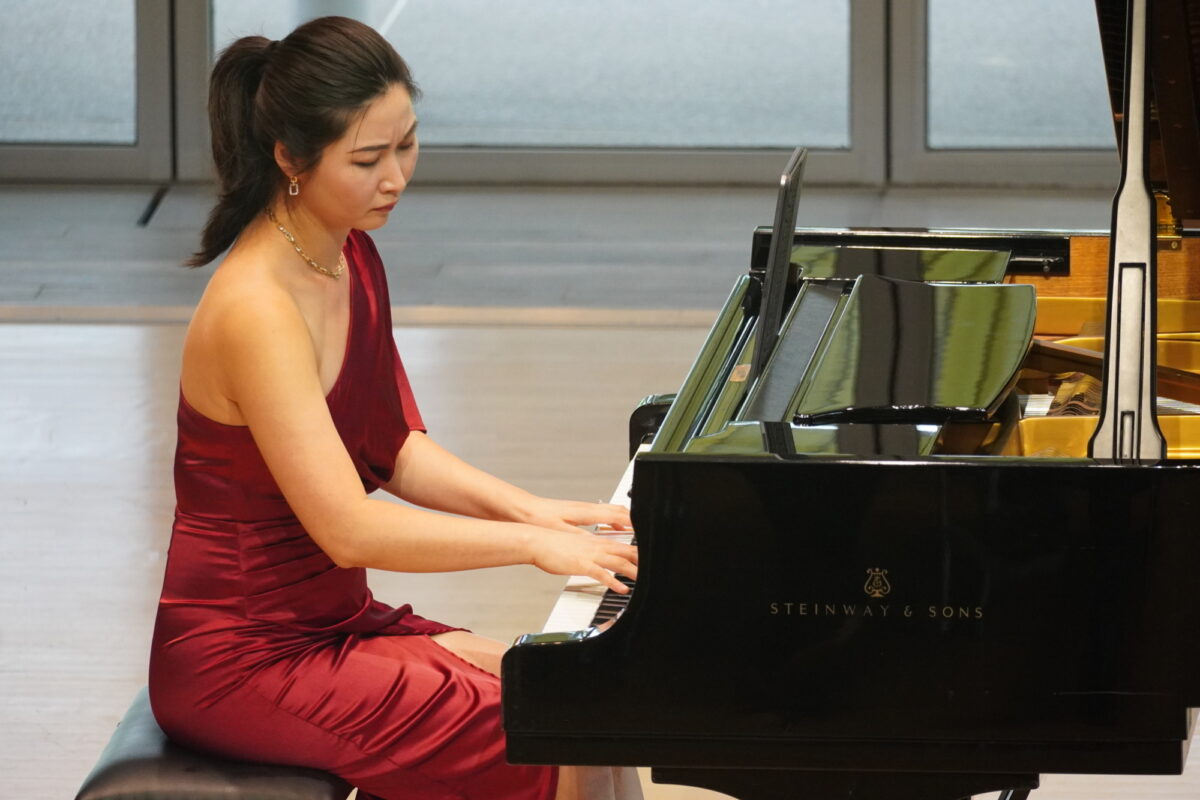
Ensembles and Contemporary Music
For the Festival of Contemporary Music, pianists are spotlighted with solo, chamber, and ensemble pieces that display a spectrum of unusual playing techniques. Pianists also collaborate with major and emerging composers, as well as Composition Fellows, to develop brand-new TMC-commissioned works.
Piano and non-piano keyboards are often essential to larger ensemble music and, at the TMC, pianists have many opportunities to play in these less commonly encountered settings; for example, in a concert of Bach cantatas or larger chamber works.
Every pianist plays a variety of keyboard instruments in the TMC Orchestra (TMCO). In recent seasons pianists worked under distinguished conductors including BSO Music Director Andris Nelsons, Thomas Adès, George Benjamin, and Susanna Mälkki.
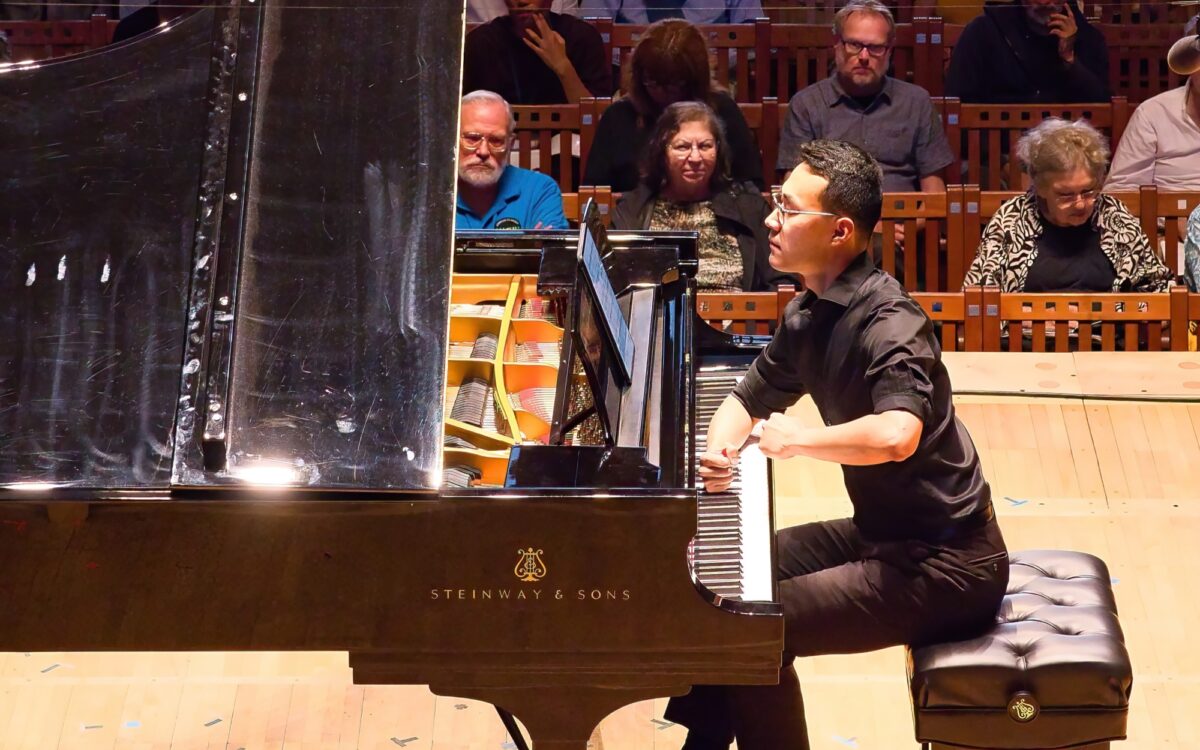
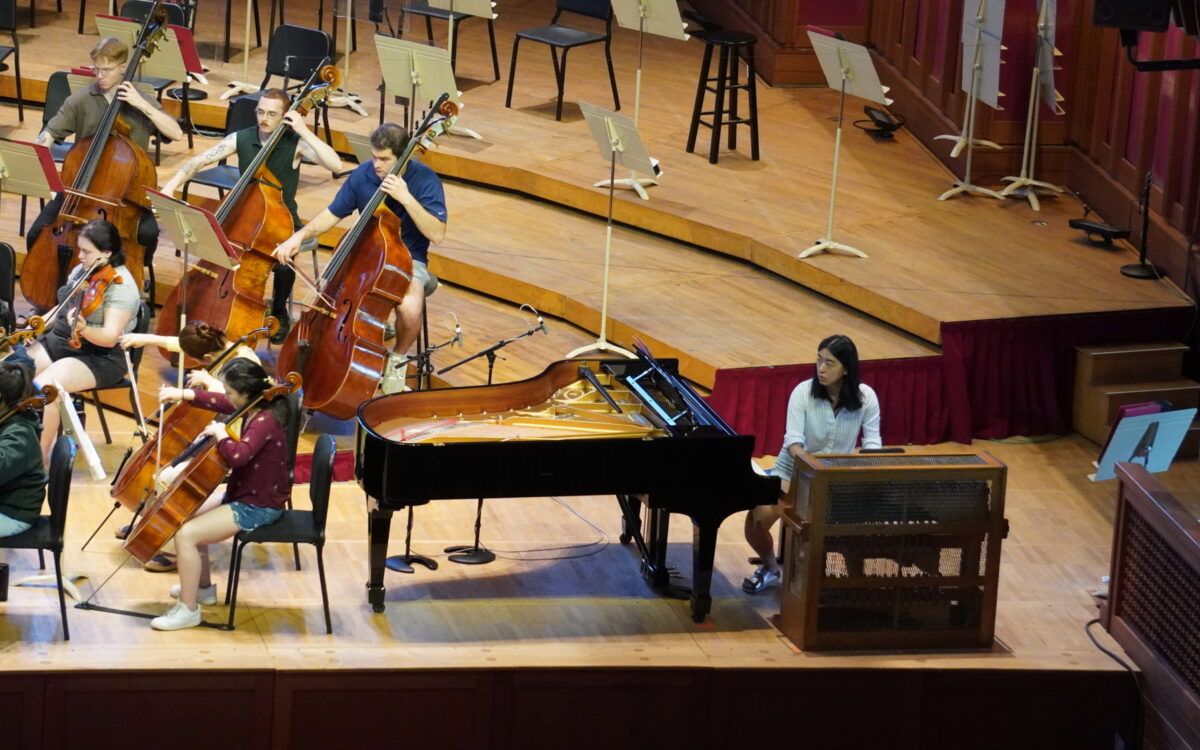

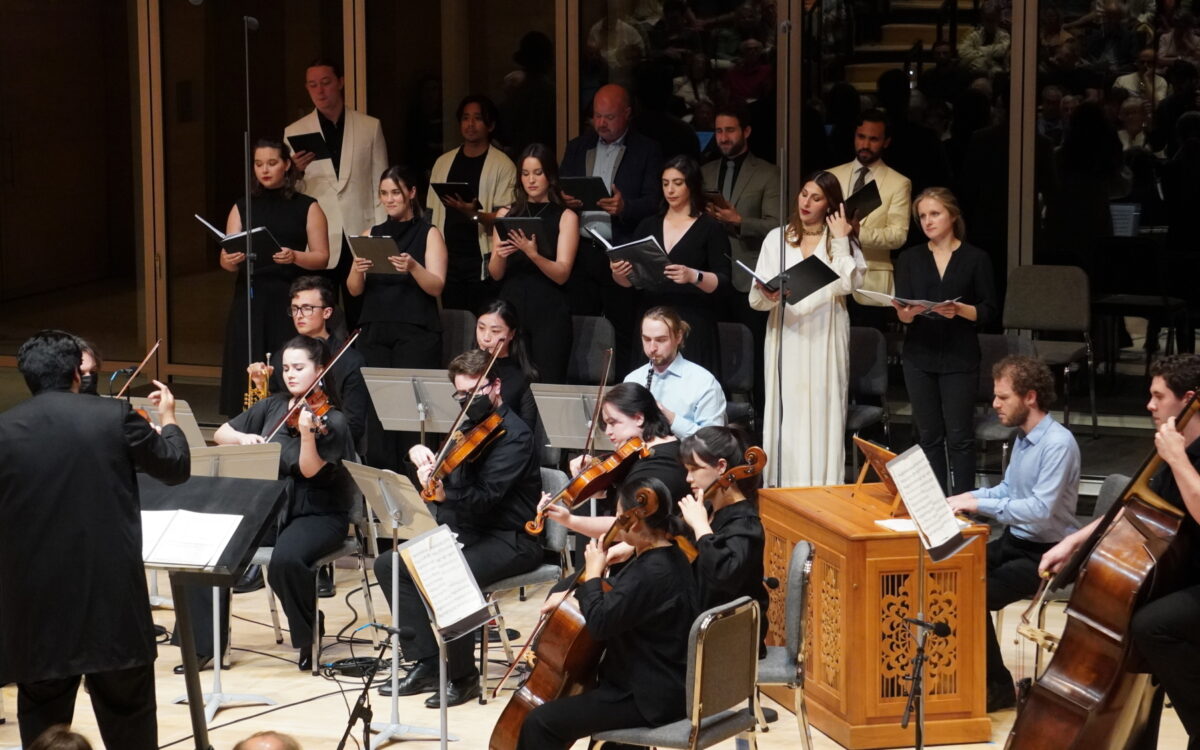
Classes
Prestigious classes are often open to the public on the Tanglewood grounds. In 2025 classes will be taught by Emanuel Ax, Orli Shaham, and more yet to be announced. In the past these classes have included those presented by Jeremy Denk, Kirill Gerstein, Andreas Haefliger, Marc-André Hamelin, Garrick Ohlsson, Paul Lewis, and the TMC resident piano faculty.
The piano program offers regularly scheduled repertoire classes led by resident faculty and visiting artists. Instrumental classes feature solo works; vocal classes address skills needed by both pianists and singers, as well as language and stylistic concerns. Intimate class sizes ensure optimal conditions for performance, critique, and study.

